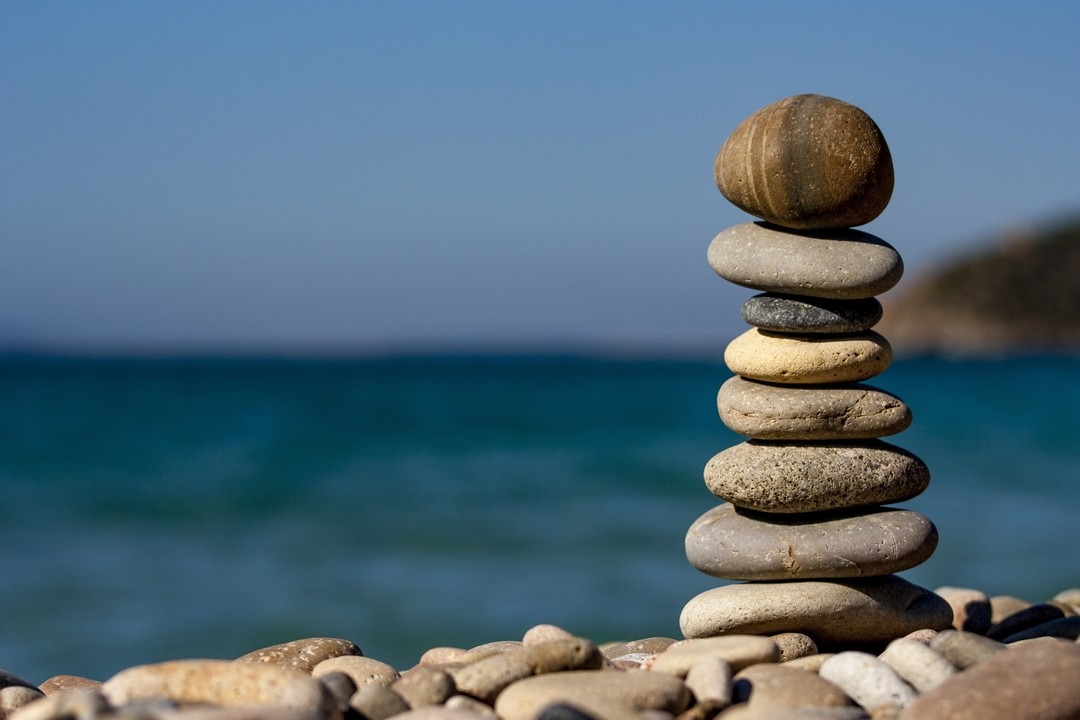Life is a journey filled with ups and downs, twists and turns, and moments of both joy and struggle. In the midst of these challenges, finding balance becomes essential for maintaining mental, emotional, and physical well-being. The art of balance is not about perfection but about learning to navigate life’s uncertainties with grace, resilience, and adaptability. Whether it’s managing work and personal life, handling stress, or maintaining relationships, balance is the key to a fulfilling and harmonious existence.
1. Striking the Right Work-Life Balance
One of the most common challenges people face is the struggle between work and personal life. In today’s fast-paced world, the pressure to excel professionally often overshadows the need for personal time. Many find themselves caught in a cycle of long hours, endless deadlines, and little room for relaxation. However, true success is not just measured by career achievements but also by personal happiness and health.
Setting boundaries, prioritizing tasks, and learning to say no when necessary can help create a healthier work-life balance. Taking breaks, pursuing hobbies, and spending quality time with loved ones are equally important in maintaining equilibrium. Remember, a well-rested and happy mind is far more productive than an overworked and stressed one.
2. Managing Stress and Anxiety Effectively
Another significant challenge is managing stress and anxiety. Life’s uncertainties can often lead to overwhelming emotions, making it difficult to stay composed. Stress, if left unchecked, can affect both mental and physical health, leading to burnout, fatigue, and even chronic illnesses.
The key to managing stress lies in self-awareness and proactive coping mechanisms. Practices such as mindfulness, meditation, and deep breathing exercises can help calm the mind. Physical activities like yoga, walking, or even a simple workout session can release endorphins, which naturally reduce stress. Additionally, maintaining a positive mindset and seeking support from friends, family, or professionals can make a significant difference in handling life’s pressures.
3. Nurturing Healthy Relationships
Relationships, whether personal or professional, also require balance. Human connections are vital for emotional support and happiness, but they can sometimes become sources of conflict or stress. Effective communication, empathy, and mutual respect are crucial in maintaining healthy relationships.
It’s important to invest time and effort into nurturing bonds while also ensuring that personal boundaries are respected. Learning to forgive, compromise, and let go of unnecessary grudges can lead to more harmonious interactions. Strong relationships thrive on trust, understanding, and a willingness to grow together.
4. Prioritizing Self-Care and Personal Growth
Amidst life’s demands, self-care often takes a backseat. However, neglecting personal well-being can lead to exhaustion and dissatisfaction. True balance involves making time for self-reflection, relaxation, and personal growth.
Engaging in activities that bring joy, such as reading, painting, or traveling, can rejuvenate the spirit. Setting personal goals, whether related to fitness, learning, or emotional development, helps maintain a sense of purpose. Remember, taking care of yourself is not selfish—it’s necessary to be your best for others.
5. Embracing Flexibility and Adaptability
Life is unpredictable, and rigid expectations often lead to frustration. The ability to adapt to changing circumstances is a crucial aspect of maintaining balance. Instead of resisting change, embracing it with an open mind can lead to new opportunities and personal growth.
Learning to go with the flow, adjusting plans when needed, and maintaining a positive outlook even in difficult situations can make life’s challenges easier to navigate. Flexibility allows for resilience, ensuring that setbacks don’t derail progress but instead become stepping stones to success.
Conclusion: The Journey to a Balanced Life
Balance is not a destination but a continuous journey. It requires conscious effort, self-awareness, and the willingness to make adjustments when needed. By managing work-life harmony, reducing stress, fostering healthy relationships, prioritizing self-care, and staying adaptable, we can navigate life’s challenges with greater ease and fulfillment.
The art of balance is about finding harmony in chaos, peace in uncertainty, and joy in the everyday. By embracing these principles, we can lead a more centered, meaningful, and satisfying life.
Here are some helpful resources to explore :
https://firstpresbyterianastoria.org
https://hempdispensaryhealth.com
https://organicpurehempoil.com
https://ukbingopromotions.co.uk
https://topeducationlounge.com



